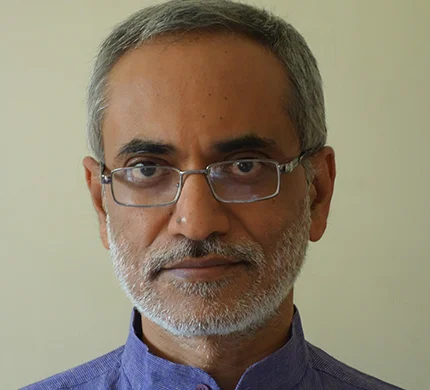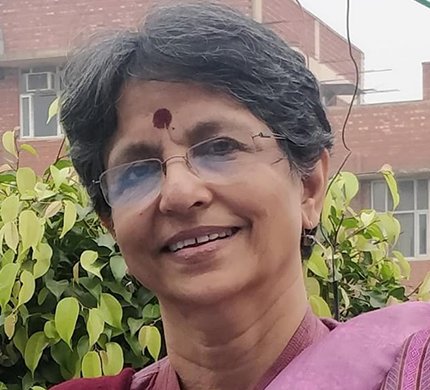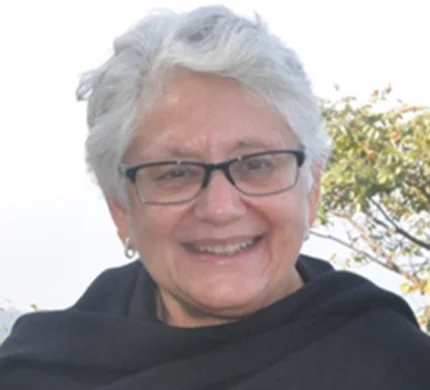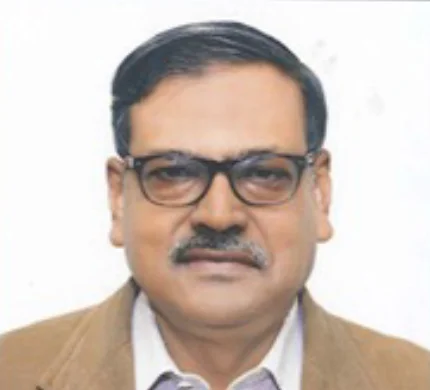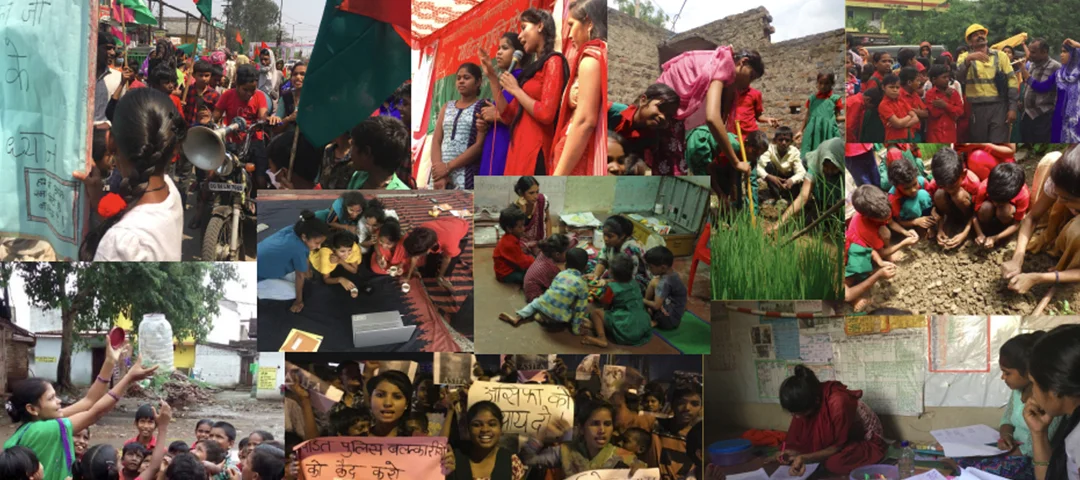
Within a highly stratified society and education system, where the reality of ‘a teacher’ is informed – at once – both by historical domination by a specific caste and the contemporary reality of feminisation of the teacher workforce, has led to the bulk of the teachers in Indian schools to be women. Initial observations lead us to believe that the teacher workforce in the low-fee private schools in urban neighborhoods such as ours constitute women (often under the age of 30) from working class ‘lower’ caste communities who are paid salaries much below the minimum wage. These schools have a single male principal/director and an all female staff, enabling and cementing a relationship of extreme exploitation – similar to unpaid labor within the household. The proposed study that emerged from our own location and practice as teachers at a movement-run school, situated in industrial working-class neighborhoods in the city of Raipur, Chhattisgarh, aims to look at what sustains and reproduces an elementary school teacher in both low-fee private and government elementary schools in the area and what the similarities and differences could tell us about possible ways in which we could understand teachers work and lives. In this context, we seek to understand the lived realities of teachers not only within a framework of feminist discourse but also anti caste discourse, as the school becomes a site not only to reproduce existing class and gender relations, but also caste-patriarchy characterised by extremely exploitative relationships. Research findings will be disseminated in the form of an online blog, an online discussion forum, podcasts, short articles, policy briefs and teacher manifestos.
Key Words: Social Reproduction, Caste–Patriarchy, Low-fee Private Schools, Anti-caste Discourse, Feminisation of Teacher Workforce
Key Themes:
Gender, Teachers, Reproducing Labour
Project Site:
Raipur, Chhattisgarh
Principal Investigator:
Shreya Khemani
Research Team- Interview


